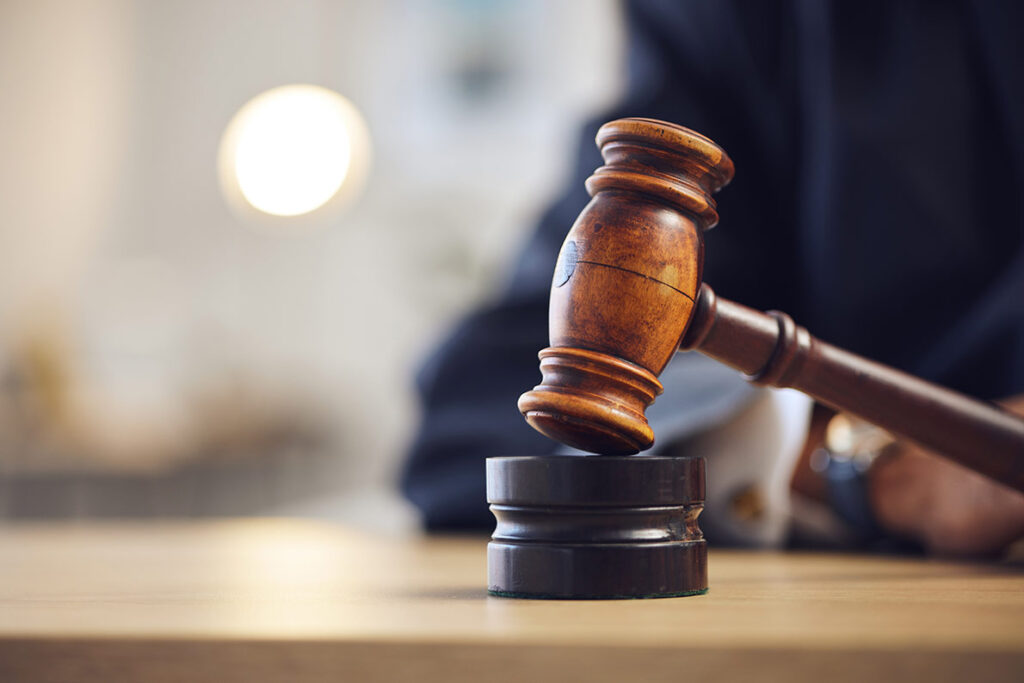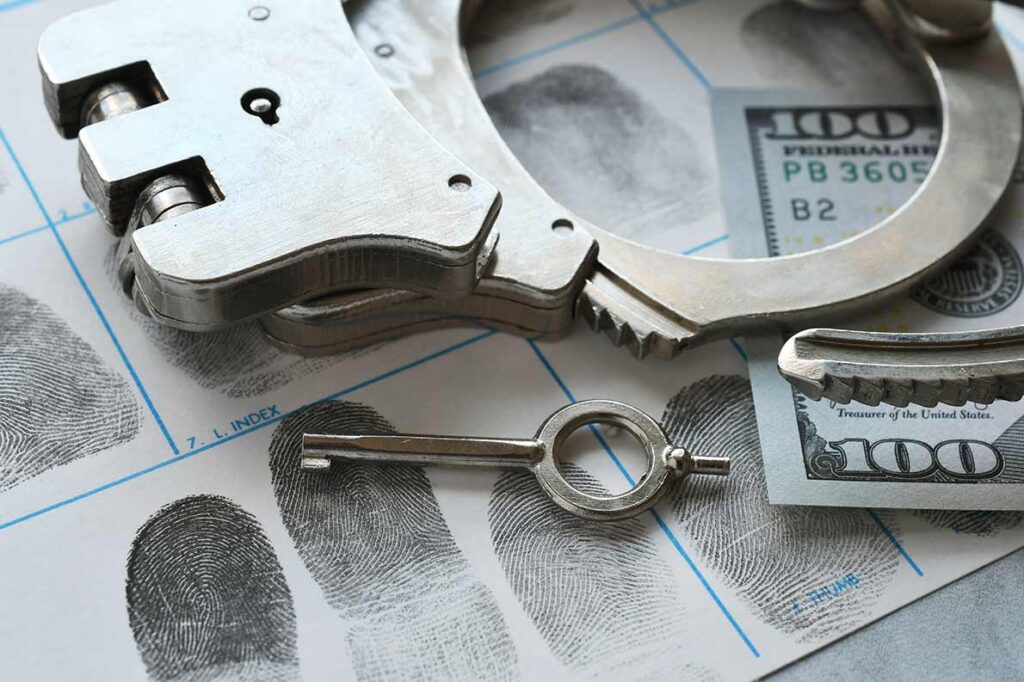
Violating parole after release from prison or jail is a serious offense. We want to help you avoid further legal trouble after supervised release. With a skilled criminal defense lawyer and an expert bond agent, a first-time parole violation does not mean the end of the world.
Violating parole for the first time has many potential consequences. These depend on the cause of the violation and the state in which you live. Parole violations can result in prison time, extremely high bail payments, and other penalties and restrictions.
Bail does not apply before your parole violation hearing. Therefore, finding an excellent lawyer and bond agent in this time is crucial.
This guide to first violations of parole will discuss their possible financial and legal ramifications. From posting bail to receiving early release from parole, we’ll cover everything you need to know. Continue reading to understand what happens when you violate parole for the first time.
Probation and Parole
Parole and probation share some similarities but are fundamentally different.
Probation is an alternative to incarceration, allowing people to live in their communities. They do so under the supervision of a probation officer. A granting of parole, in contrast, is early release from prison under certain conditions. Similarly, parole officers are law enforcement officers who provide parole supervision.
In both circumstances, someone has been convicted of a crime and must abide by certain conditions and restrictions. However, parole is for folks who have served a portion of their original sentence. Probation is an alternative to sentencing.
More differences between probation and parole include the following:
Probation:
- Court-ordered treatment
- Court-ordered community service
- Drug and alcohol screening
- Remaining in the country
Parole:
- Random searches
- Presence at parole meetings
- Not owning weapons
- Not leaving the state
- Reporting life changes to your parole officer
First Parole Violation Consequences
Judges can revoke both parole and probation if you violate the terms.
Probation violations result in arrest and a probation violation hearing. If a preponderance of evidence shows a violation a judge may enforce a warning, additional restrictions, or incarceration. Violating parole requires parole violation hearing. After this, if found guilty, the parolee will have to pay additional bail and finish their sentence.
Parole punishments have been evolving in recent years. Prior to 2013, parolees who had violated the terms of their release could finish the remainder of their sentence in jail. Now a court can decide to send them back to prison.
Two significant types of parole violations that parolees commit are:
1. Technical
Technical parole violations include small errors, such as missing meetings or fees. These may not ruin your eligibility for parole but can result in harsher restrictions.
2. Substantive
Substantive parole violations are more serious, like committing a new crime. This can result in a parole revocation hearing, new charges, arrest, and incarceration.
Paying Bail
Bail amounts for parole violations can be excruciatingly expensive. With the commission of new crimes, parolees arrested for violations will face that crime’s base bail amount. In addition, they will pay a bail enhancement for parole violations. This often presents an extreme financial burden for the parolee’s family.
Returning to Prison
California can hold individuals for up to 180 days on parole violations. However, parole penalties elsewhere can also send individuals back to prison to finish the full term of their sentence. If a violation is substantive, or related to committing a new crime, they may also face additional sentencing. This potentially means a lifetime behind bars.
First Time Parole Violation in California
California’s legal system is unique. Parole violations only result in a maximum of 12 months in prison. Parolees either face up to 1 year in prison or are free to continue their parole in found not guilty.
Parolees in California can also petition the Department of Corrections for early release from parole. Presenting evidence that they have no convictions of violent, serious, or sexual offense felonies is necessary. After this, the Board of Parole Hearings may grant early release.

Avoiding Parole Violations
Avoiding an accusation of parole violation is not always possible. This is even true when you’re careful to maintain your best behavior. However, certain violations are avoidable, which can spare you and your family from heartache and financial difficulty. Common parole violations include:
- Arrest for a new crime, including misdemeanors
- Breaking curfew
- Failing drug or alcohol testing
- Failing to find work
- Failing to report to your parole officer
- Skipping community service
- Spending time with folks you’re not supposed to be with
- Traveling out of state with no permission
The more minor parole violations may only be technical, resulting in a slap on the wrist. Even so, you should take every possible step to avoid any court hearings or jail time. Refresh yourself on the rules of your parole and set reminders for appointments and community service.
Find an Experienced Bond Agent to Help with Your First Violation of Parole
As California’s second largest bail bonds company, we operate under the values one expects from a loved one. Our goals at Bail Hotline Bail Bonds are simple:
- Change the image of the bail industry in California
- Offer the consumer clear answers during a critical time of need
- Treat the consumer as you would a member of your own family
- Offer payment plans to make bail affordable for all
Parole violations increase bail amounts and can extend incarceration terms. Violating the terms of parole is a serious criminal offense, but Bail Hotline can help.
We offer the highest level of customer service to help you leave jail fast and afford your bail. The US Constitution affords the right to bail. Our agents specialize in easy installment plans that lower down payments and make paying bail amounts much easier.